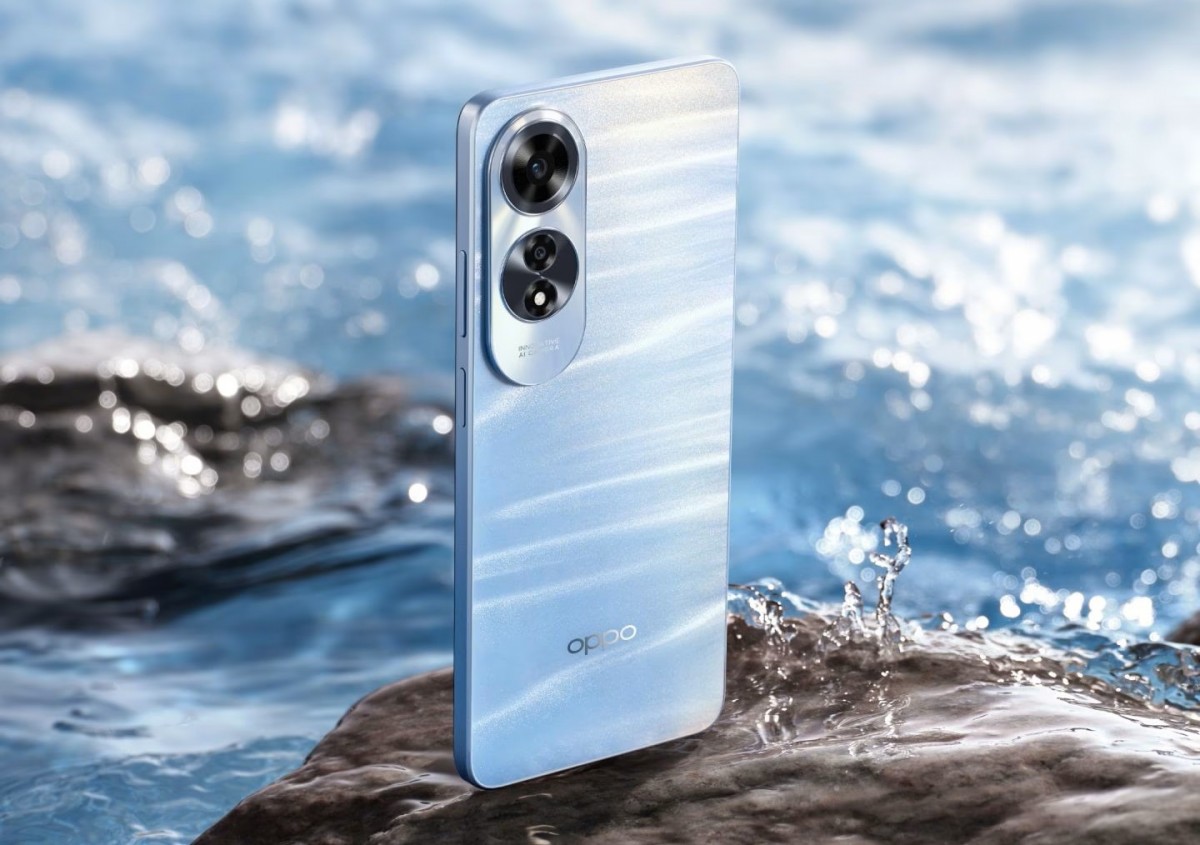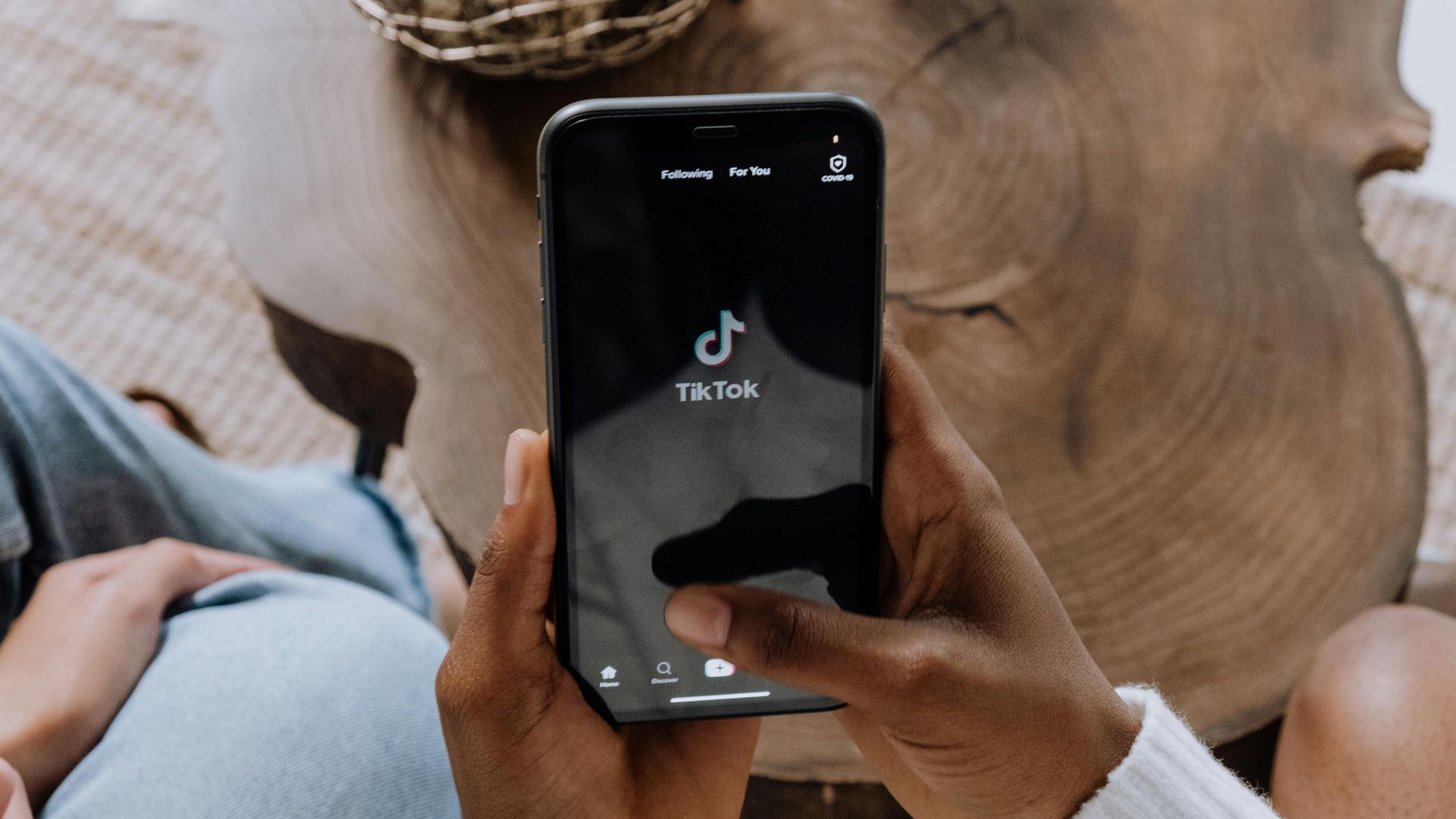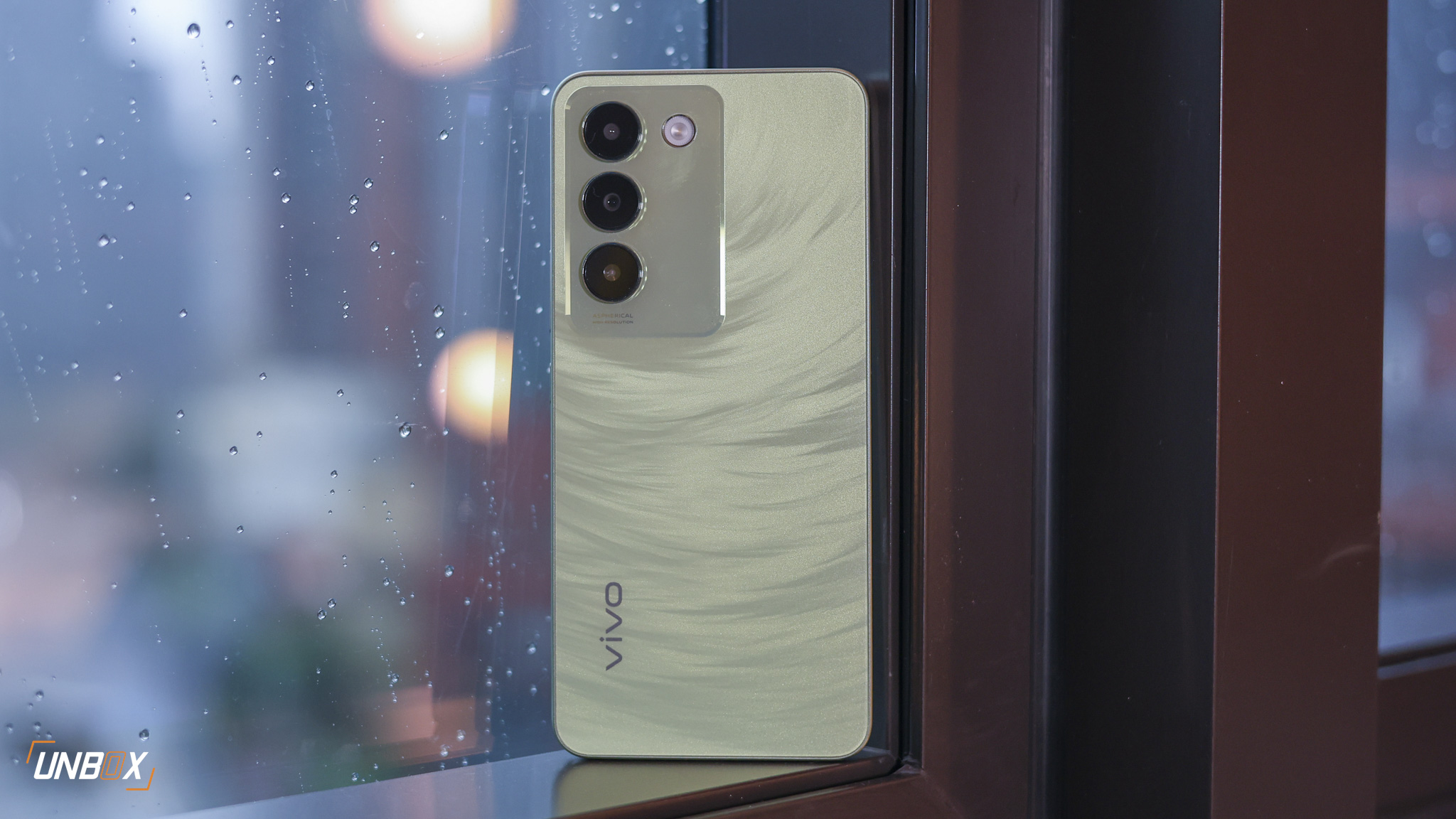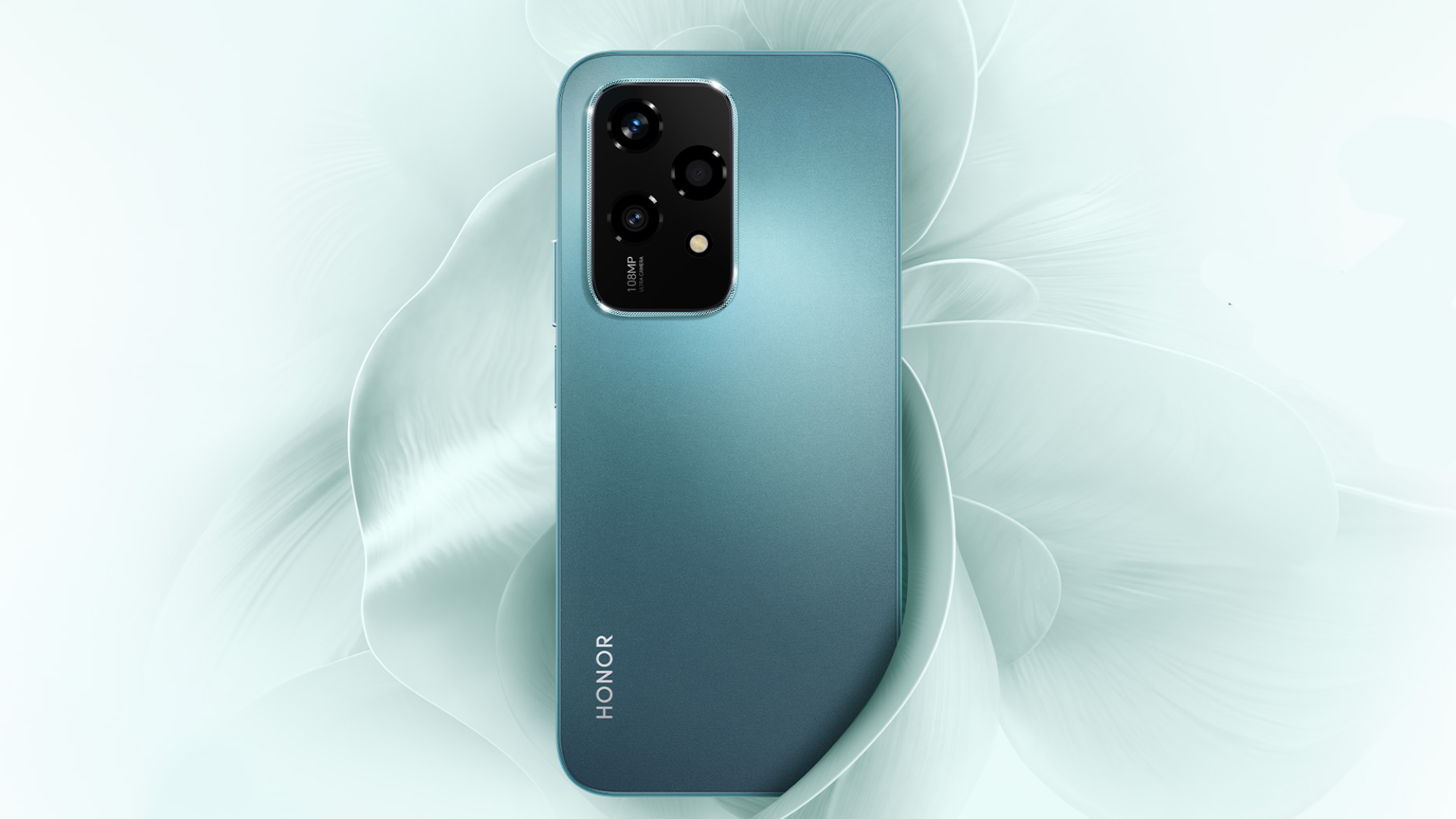We go hands-on with the Huawei P8!
A few days ago Huawei officially launched two of its newest phones – the P8 and the P8Max. Huawei’s looking to make a name for itself in markets outside Asia, and these two phones (and the P8 Lite) are the devices that the company is looking to do that with. After the success of their Ascend Mate7 and the Honor 6 Plus, Huawei’s poised to make a bigger splash in western markets.
Huawei P8 specs
- Kirin 930 octa-core processor, 2.0GHz clock speed
- 3GB of RAM
- 5.2-inch full HD display, 1920 x 1080
- 16GB of storage, expandable via microSD
- 13-megapixel rear camera, OIS, DSLR-level independent signal processor, , 4-color RGBW sensor
- 5-megapixel front camera
- Dual-SIM, Dual LTE
- WiFi, Bluetooth, GPS, A-GPS
- Android 5.0 Lollipop
- 2,680mAh battery
Initial Impressions: very premium metal body and design, with a better price than most flagships
While last year’s P7 was a study in plastic and glass and this year’s P8 is a masterclass in metal. The P8 uses a unibody metal construction, and while the design is fairly straightforward (which is Huawei’s way) the execution is bang on.
The back of the P8 is mostly featureless, and while the device we handled didn’t have it (it was an engineering unit and not the final retail version) Huawei’s logo will dominate the sparse backside of the P8.
While many will not like the lack of design flair on the P8, it’s only fair to note that the overall construction of the device is pretty good. The sides of the P8 is chamfered, and overall the P8 feels very, very premium. The P8 uses dual nano SIM slots which have LTE.
As far as the display goes, the 5.2-inch full HD panel is quite decent, though it’s dwarfed by the QHD panels that its other competitors use.
The biggest draw for the P8 is its camera – aside from utilizing a Sony-made 13-megapixel camera with F/2.0 aperture, optical image stabilization and LED flash, Huawei’s also utilized a number of tweaks to make the camera perform. A super-bright mode is thrown in for low-light shots, as well as a 360-degree panorama mode and a nifty director mode that ties in several phones for multi-angle video recording. It’s also note noting that as thin as it is, there is no camera bump, something that recently released flagships all have.
Under the hood lies Huawei’s Kirin 930 octa-core processor paired with 3GB of RAM and 32GB of storage, as well as microSD expandability. We’ve been pleased with Huawei’s recent SoCs, and while the disappointing performance of the P7 is still fresh in our minds a year later, Huawei’s recent releases like the Honor 6 and the Mate7 has been promising.
This is reflected in our hands-on of the device, as navigating through Android Lollipop and Huawei’s own UI layer EMUI felt fast and smooth. There’s no lag anywhere in the device, even while navigating through the more complex transitions in the phone, although only a true review will show if the latest SoC is up to the task of keeping everything nice and smooth.

All-in-all Huawei may just have a winner with the P8, and if things go as planned, the device might even retail at the same price point as their previous device, which would make the phone a great deal. While most flagships of other international companies regularly break the Php 30K barrier, the P8 may just barely go over 20K when it’s officially offered here. Of course no official pricing has been set, but if Huawei manage to offer the P8 at that price, their latest phone may just fly off the shelves.














